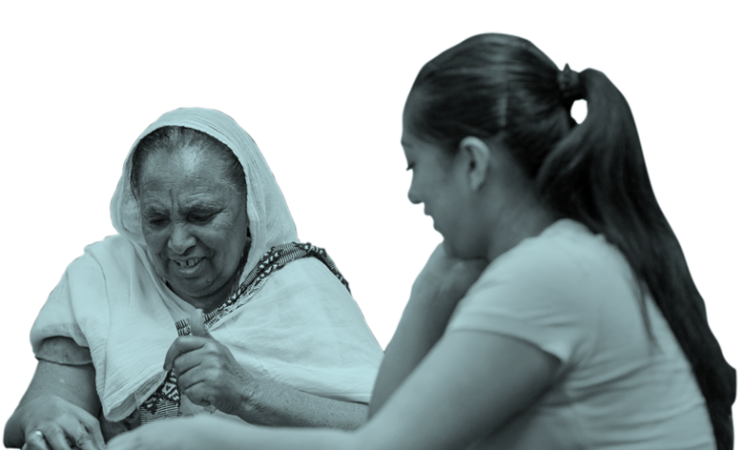Communicating in Linguistically and Culturally Responsive Ways
The previous installment of our series about culturally responsive teaching details ways to promote respect for student differences. As we continue to explore each of the eight competencies of culturally responsive teaching outlined in New America’s culturally responsive teaching reflection guide, we’ll next look at communicating in linguistically and culturally responsive ways, which creates an open and welcoming environment for all learners. This is important because, for example, white teachers who communicate in more passive and indirect ways may have misunderstandings with learners who use more expressive styles.
Educators who work to communicate in linguistically and culturally responsive ways do the following:
- They work to understand how culture influences communication with regard to several factors such as tone of voice, space between speakers and eye contact.
- They allow learners to use their natural or “home” communication style in the classroom.
- When appropriate, educators advocate for interpretation and translation services for multilingual learners.
Educators who communicate in linguistically and culturally responsive ways engage with some of the following questions through journaling and discussions with colleagues:
- What is my preferred way of communicating (in writing, in speech, quietly, expressively, directly)? How does my style differ from that of my learners and what are the implications of those differences?
- How do I interpret learners’ communication styles while taking into account their cultural communication norms?
- What am I doing, or what could I do to facilitate more effective communication with my learners?
- In what situations should I be prepared to provide interpreting and translation services for learners?
Cultural Atlas is one resource for learning about the communication styles of the learners you work with.
For questions or comments about this tutor tip, contact Tutor Training Coordinator, Meghan Boyle at [email protected].
References
Muniz, J. (2021). Culturally Responsive Teaching: A Reflection Guide. Washington DC; New America.


